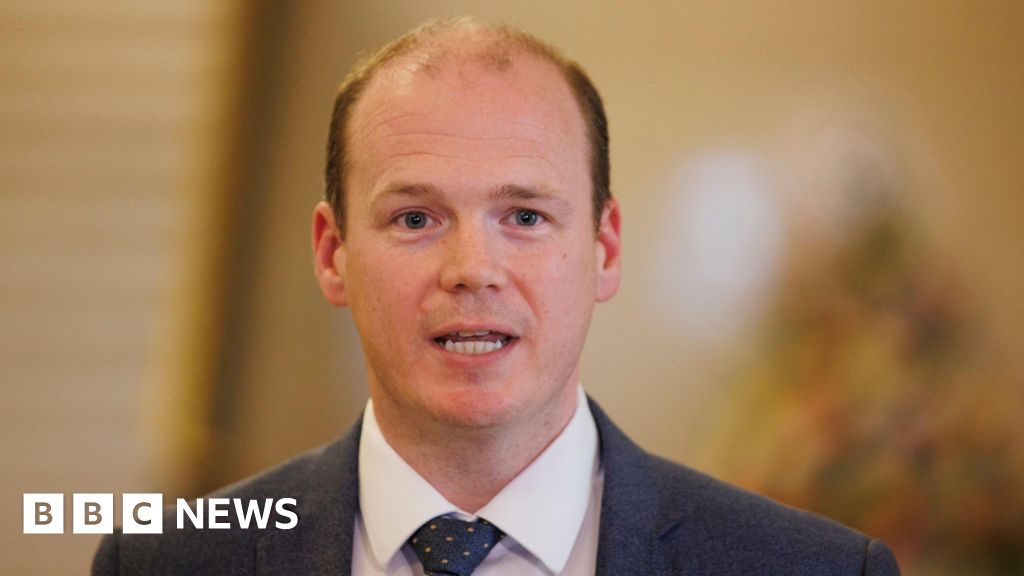Unlock the Editor’s Digest for free
Roula Khalaf, Editor of the FT, selects her favourite stories in this weekly newsletter.
The Bank of England’s internal culture, governance and appointments processes need significant reform after it and other central banks showed “complacency” about the threat of inflation, said a House of Lords report.
The Lords economic affairs committee said BoE policymakers were too reluctant to challenge conventional wisdom and overly reliant on “inadequate” forecasting models when inflation was brewing in 2020 and 2021.
At the time, the BoE and other major central banks were slow to raise interest rates because they believed the jump in inflation triggered by the pandemic and the energy crisis would be transitory.
The committee’s report published on Monday recommended that BoE recruits should be drawn from a more varied intellectual background to foster a “diversity of views and culture of challenge”.
In particular it called for a review of the way senior BoE appointments are made, pointing out that three of its deputy governors previously worked at the Treasury, as did the recently retired Sir Jon Cunliffe.
The report said parliament should conduct regular reviews of the bank’s remit and performance and called for the BoE’s sprawling remit to be pruned back.
“While we are of the strong view that independence should be preserved, reforms are needed to improve the bank’s performance and to strengthen its accountability to parliament,” said Lord James Bridges, chair of the economic affairs committee.
“The bank should learn from the errors it made — along with other central banks — in the conduct of monetary policy during the recent period of higher inflation,” he added.
Public confidence in the BoE has slumped after it and other big central banks presided over the worst inflationary upsurge for a generation, an outbreak that it is still wrestling to bring under control.
The BoE’s court of directors has commissioned Ben Bernanke, the former US Federal Reserve chair, to review its forecasting, but the Lords report suggested a need to learn wider lessons from recent events.
The report found a “unanimity of view” prevailed too long in 2020 and 2021 that higher inflation would be a transitory phenomenon, a conclusion that the BoE now regrets given it was forced to raise rates 14 times in an effort to quell inflation that reached a peak of 11 per cent last year.
It also questioned why the Monetary Policy Committee was not paying more attention to money supply growth during the period.
The report said it was “imperative” that the MPC’s membership contained people of sufficiently differing backgrounds and economic perspectives.
“The bank must be proactive in encouraging a diversity of views and a culture of challenge. This should be reflected in its hiring practices and its appointment procedures,” the report added.
The report homed in on Treasury’s central role in top appointments to the bank and the Treasury background of several deputy governors.
“While they are undoubtedly able, this does not strengthen the perception of independence,” the Lords said.
Part of the bank’s problem is an expanding remit from the government dictating the range of matters it should have regard for as it sets policy, among them climate issues, according to the report.
The committee said the BoE’s remit should be “pruned by the Treasury” and suggested this could pave the way for a streamlining of the bank’s management structure.
Last week chancellor Jeremy Hunt removed climate change from a list of four key priorities in a remit letter issued to the Bank of England committee responsible for financial stability.
The committee members also found that scrutiny of the BoE and its officials had not grown with its increased remit and they expressed concern that a “democratic deficit” had emerged.
The report recommended that parliament should conduct an “overarching review” of the BoE’s remit, performance and operations every five years.
The BoE said: “We’d like to thank the Lords EAC for this report and will be giving the recommendations careful consideration. We’ll respond formally in due course.”
The Treasury said the BoE was accountable to parliament and the public — with regular scrutiny by committees in both houses of parliament, the publication of minutes of Monetary Policy Committee meetings and the regular monetary policy report.
A spokesperson said: “The Bank is also accountable to the government for its remit and must report to the chancellor if inflation moves more than one percentage point away from the 2 per cent target, covering how their approach meets the government’s monetary policy objectives.”
Credit: Source link











